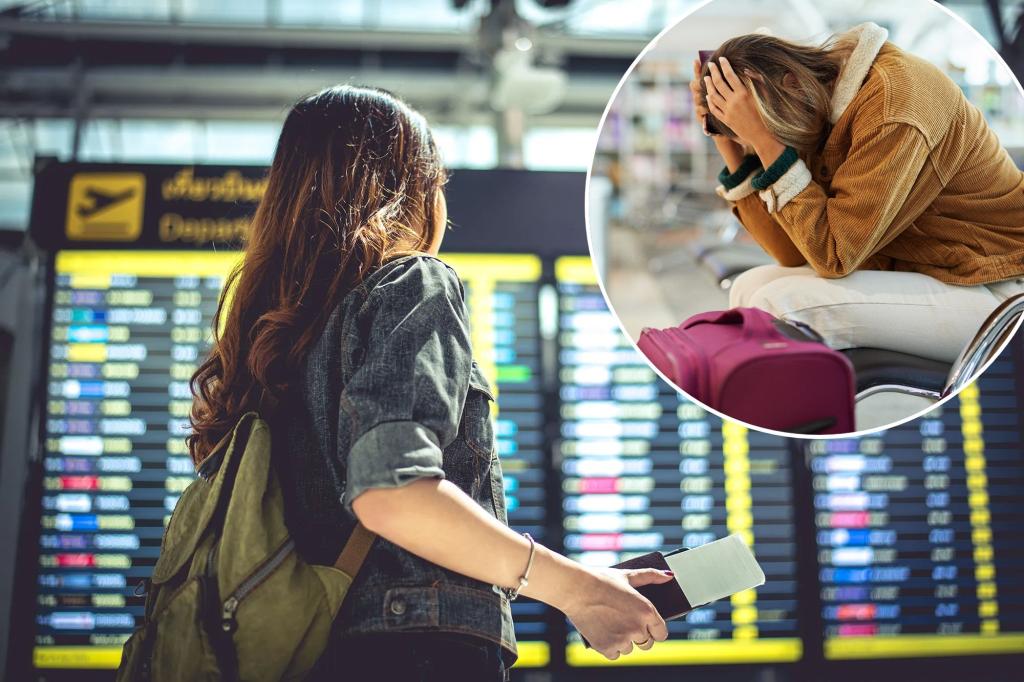“Gatexiety,” or “gate anxiety,” is a phenomenon where travelers feel anxious about checking their gate at the airport repeatedly, even when it’s accessible on the airline’s app. This action is generally advised by experts as gates at airports can change. However, for some travelers, this anxiety goes beyond just checking the gate; it includes worrying about when to arrive at the airport and how to manage anxiety at the gate. Arriving very late is usually not recommended as it could be risky. There are coping strategies recommended by experts to deal with flight anxiety when arriving at the airport and while at the gate.
Experts recommend arriving at least three hours before an international flight and two hours before a domestic flight to ensure enough time to get through security checkpoints, make potential flight changes, and reach the gate. The period could be extended depending on factors like the traveler’s familiarity with the airport, luggage plans, and choice of transportation. For travelers prone to anxiety, arriving early at the airport is considered a win as it provides peace of mind and access to amenities like meals and workspaces. Continuously monitoring the flight status through the airline app is advisable to avoid missing the flight.
Travelers who are prone to anxiety may feel a lack of control when flying due to factors like delays, gate changes, or potential baggage issues. To regain control, they might arrive at the gate too early, which could lead to restlessness while waiting. The mantra to control what is within your ability is recommended, focusing on factors like arrival time, baggage, checking in, and securing the boarding pass. It is advised to follow TSA guidelines of arriving at the airport two to three hours before departure and having a standard packing list for each trip to reduce worries.
Signs and actions of “gatexiety” include talking to ticket agents, asking other travelers for reassurance, repeatedly checking gate information, and ticket confirmation. The best approach suggested by experts is checking the materials once, being organized, and sitting close to the gate to hear flight announcements. Coping mechanisms like deep breathing, positive self-talk, and avoiding alcohol in favor of healthier activities like watching shows, listening to podcasts, or reading a book, are recommended by experts to manage anxiety at the gate. Overall, arriving early at the airport is advisable for anxiety-prone travelers to minimize stress and ensure a smoother travel experience.
In conclusion, gate anxiety is a common issue faced by travelers, especially those prone to anxiety. Arriving early at the airport can help alleviate stress, provide peace of mind, and offer access to amenities while waiting for the flight. Following guidelines for arrival time, being organized, and controlling controllable factors can reduce anxiety levels. Coping mechanisms like deep breathing, positive self-talk, and engaging in healthy activities are recommended for managing “gatexiety” at the gate. Travelers are advised to monitor flight status, follow airline guidelines, and focus on factors within their control to ensure a smooth travel experience.


